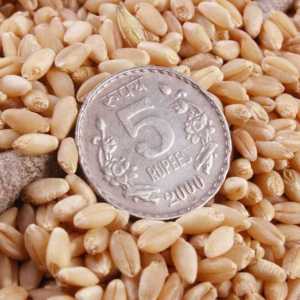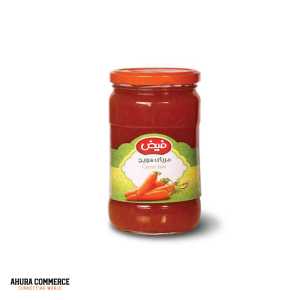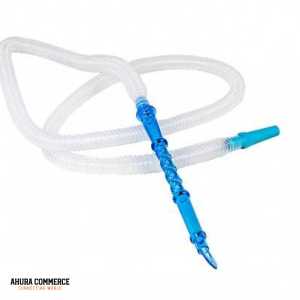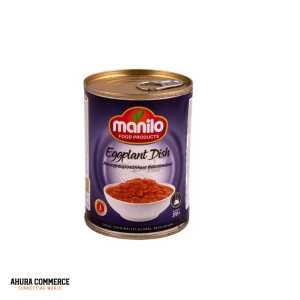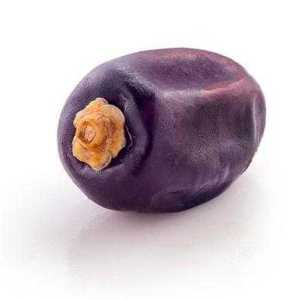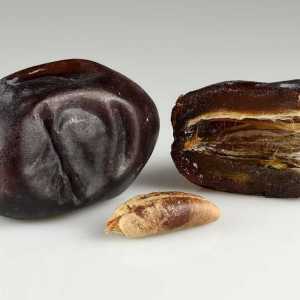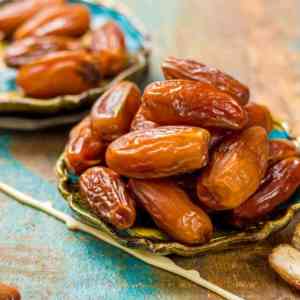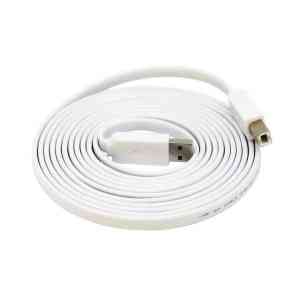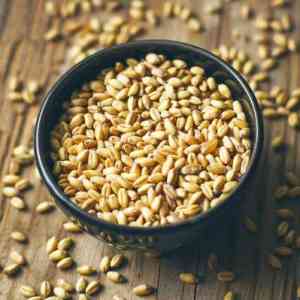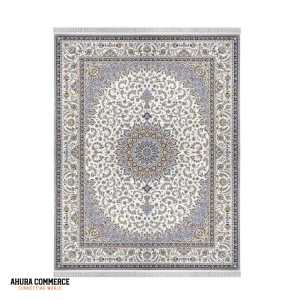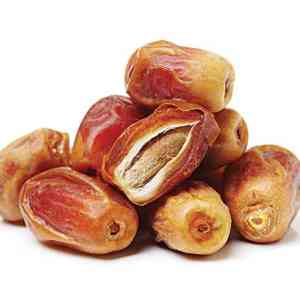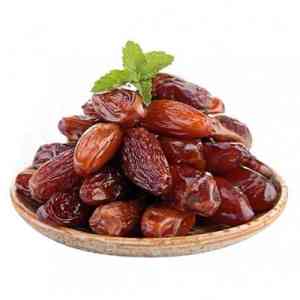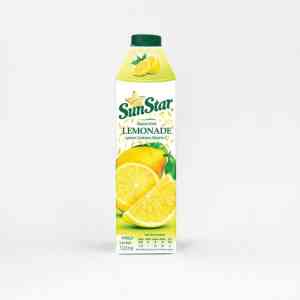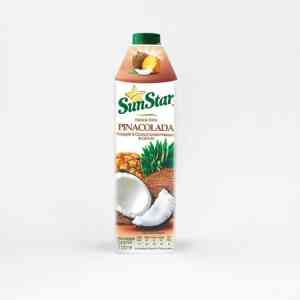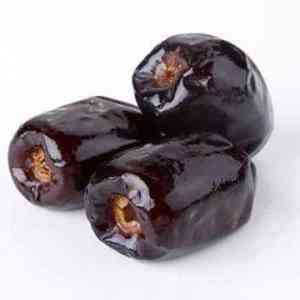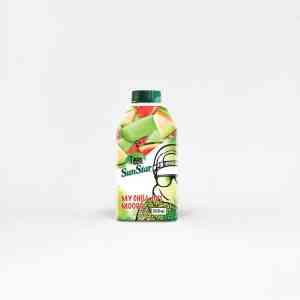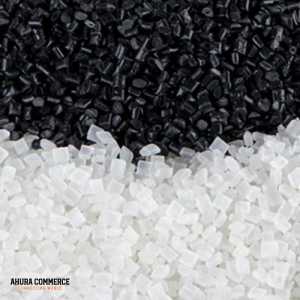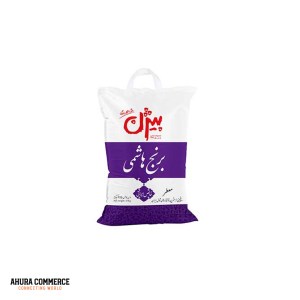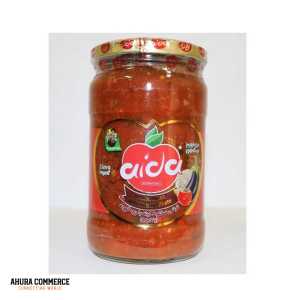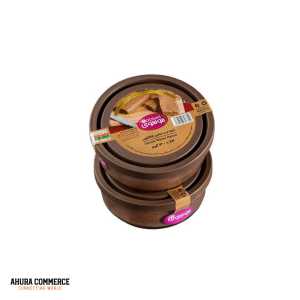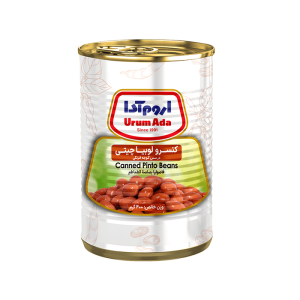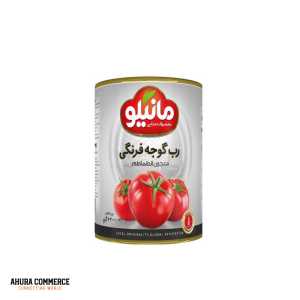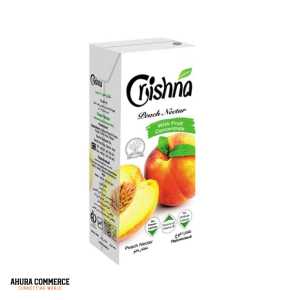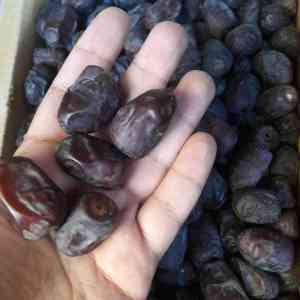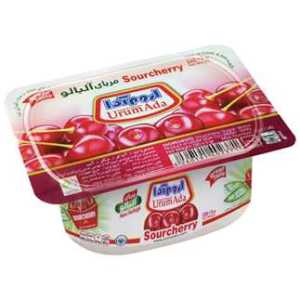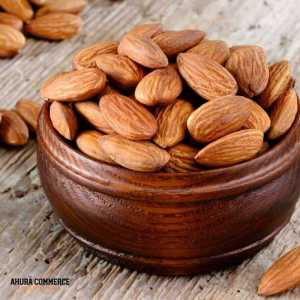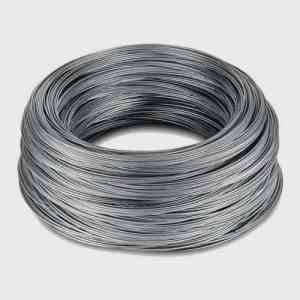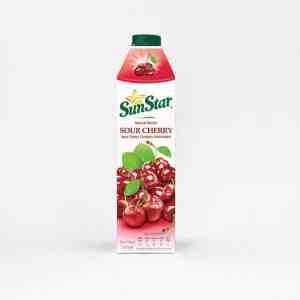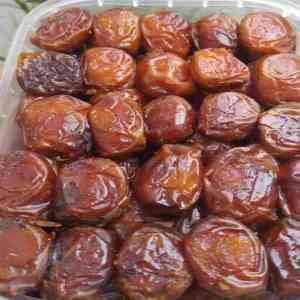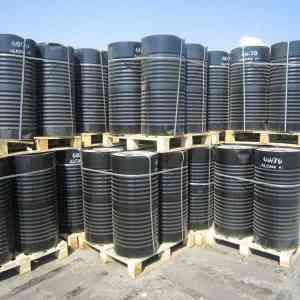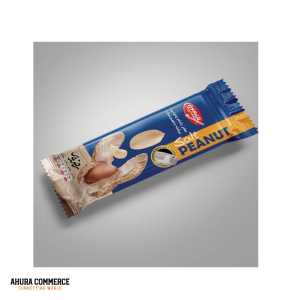Categories
- Agriculture
- Food and Beverage
- Cars and auto parts
- Electrics and Electronics
- Exchange
- Fashion and accessories
- Metallurgy Rubber & Plastics
- International Transportation
- Weaving, textiles
- Building Construction
- Chemicals
- Dairy
- Fruits and Vegetables
- Nuts and Spices
- Gifts and Toys
- Health and Beauty
- Home Appliances
- Livestock and poultry
- Machinery and Tools
- Row materials
- Office appliances
- Customs Clearance
- Home
- Food and Beverage
- Exporting Iranian pickle to Oman
Exporting Iranian pickle to Oman
Description
Exporting pickle from Iran to Oman
Exporting Iranian pickle to Oman
Oman's pickled products market has seen significant growth in recent years, driven by a combination of factors, including increased demand for traditional foods and the influence of global culinary trends. Exporting Iranian pickles to Oman is a strategic opportunity for Iranian producers who are looking to invest in this market. Omani consumers, known for their love of delicious food, find Persian pickles an ideal addition to their meals. This opportunity in restaurants and food service establishments, creates ways for exporting Iranian pickle to Oman.
With its long history of producing high-quality pickles from fresh vegetables and natural ingredients, Iran is well positioned to meet this growing demand in Oman. The export process benefits from both the geographical proximity and the long-standing trade relations of the two countries, making exporting Iranian pickles to Oman a relatively smooth and efficient endeavor.
Focus on quality
Iran is famous for its rich agricultural heritage and its expertise in producing agricultural products, including pickled vegetables, from cucumbers to mixed vegetables and garlic. Iranian pickles are prepared using old recipes and this ensures that the final product produced retains its original taste and texture. Attention to quality is essential when exporting Iranian pickles to Oman, because Omani consumers place great importance on traditional and natural food without artificial preservatives or additives.
The process of making Iranian pickles usually involves using locally grown vegetables that have been ripened under direct sunlight and then pickled in a combination of vinegar, salt and spices. These natural ingredients not only enhance the taste of pickles, but also contribute to their health benefits, which is a key selling point for Iranian pickles in Oman. Iranian producers can emphasize this traditional and natural aspect when placing their products in the Omani market and help them stand out from their competitors.
Procurement and trade facilitation
One of the most important advantages of exporting Iranian pickles to Oman is the geographical proximity of the two countries, which makes possible shorter transportation times and lower transportation costs. This proximity ensures that pickles reach Omani markets while maintaining freshness and taste. In addition, Iran and Oman have good trade relations and both countries are part of regional trade agreements that facilitate easier and more cost-effective exports of pickles.
Oman's strategic position as the gateway to the Persian Gulf Cooperation Council (GCC) countries also provides more opportunities for Iranian pickle exporters. Iranian companies with a strong presence in Oman can potentially expand their reach to other neighboring markets such as the UAE, Qatar and Saudi Arabia. Understanding the logistical challenges and opportunities in exporting Iranian pickles to Oman can help Iranian exporters to simplify their supply chain and maximize efficiency.
Packaging and labeling
One of the important aspects of exporting Iranian pickles to Oman is packaging and labeling, because it plays an important role in attracting the attention of consumers and ensuring that products comply with regulatory standards. Omani consumers prefer products that are well packaged and easy to store, especially in urban areas where convenience is a priority. Iranian exporters should consider this when designing their packaging and ensure its visual appeal and practicality for the Omani market.
In addition, it is important for Iranian exporters to comply with Oman's food labeling regulations, which require clear information on ingredients, expiration dates and country of origin. Labeling in both Arabic and English is often necessary to cater to the diverse clientele in Oman. Compliance with these standards not only builds consumer confidence, but also avoids potential legal problems that could delay or impede shipping.
The role of cultural and culinary similarities
Iran and Oman have many similarities, including in terms of culture and cuisine, which can help the export of Iranian pickles to Oman. Both countries have a long history of using pickles in their daily meals, especially as accompaniments to traditional dishes. Known for its vibrant flavors, Omani cuisine pairs well with the tangy and spicy notes of Iranian pickles, making them suitable for Omani consumers.
This cultural connection gives Iranian pickles an advantage over pickles from other countries, which may not match the Omani taste. Iranian exporters can benefit from this by emphasizing the culinary traditions shared between Iran and Oman in their marketing efforts. Highlighting how Iranian pickles complement Omani cuisine can help create a stronger emotional connection with consumers and increase brand loyalty.
Economic opportunities
Oman's growing economy and increasing consumer power provide significant economic opportunities for Iranian pickle producers. Exporting Iranian pickles to Oman allows Iranian businesses to enter a lucrative market with high demand for quality food products. In recent years, the Omani government has created a favorable environment for exporters, and for this reason, it has put a lot of emphasis on diversifying the food supply and increasing the import of agricultural goods.
Additionally, as Oman looks to modernize its retail sector, there is a growing presence of supermarkets, hypermarkets, and online grocery platforms that cater to both local and expatriate consumers. They take Iranian exporters can benefit from the partnership with these retail centers for a wider distribution of their pickles throughout the country. By placing their products in traditional markets and modern retail spaces, Iranian companies can increase their influence and sales in the market.
Location
Exporting Iranian pickle to Oman

Ahura Commerce facilitates seamless international trade. Our platform empowers businesses of all sizes to navigate import/export regulations, connect with global partners, and optimize logistics. Leverage our expertise and network to achieve sustainable growth in today's interconnected marketplace.

